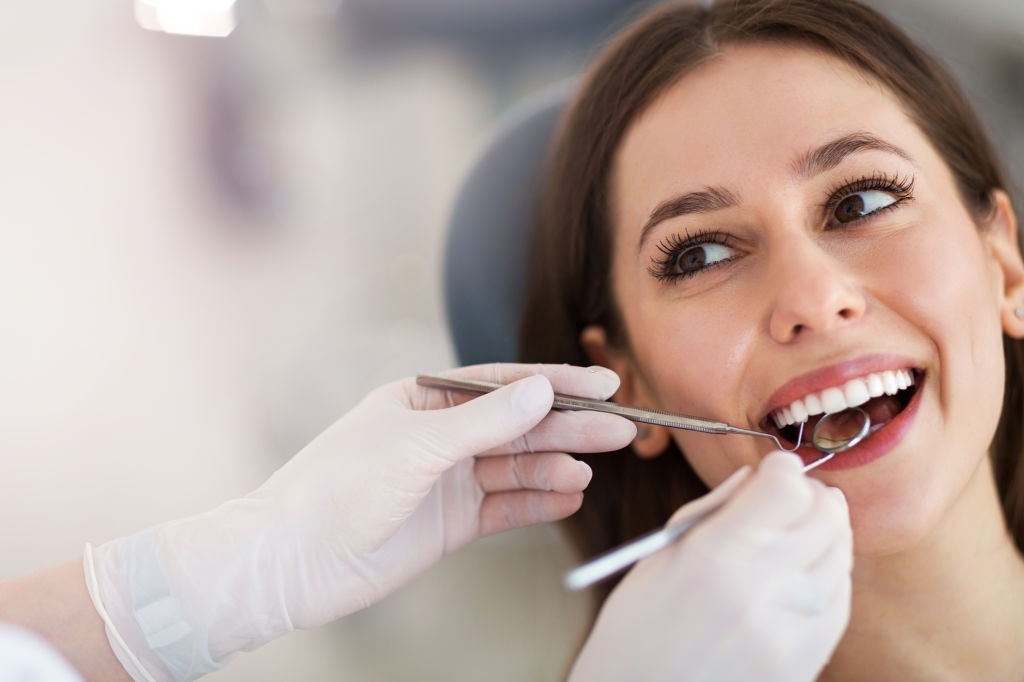Sharps is the term used for instruments that have sharp edges or points. These devices can easily injure the skin. Many people use sharps at home or work as a way of managing certain medical conditions. These include multiple sclerosis, hepatitis, cancer, infertility, blood clotting disorders, osteoporosis, multiple sclerosis, arthritis, migraines, allergies, psoriasis, and HIV/AIDS. These sharp devices can also be used for pets. It’s clear that sharps disposal is essential.
Sharps Devices
- These are two-edged blade instruments that are used mainly for diabetic patients. Lancets or also called fingerstick, get blood drops used for testing.
- Connection needles or sets. These are medical instruments that are attached to a tube so that fluids in the body can transfer in and out. Patients that are currently in-home hemodialysis commonly benefit from these connection needles.

- Hollow Needles. You use these needles if you’re injecting drugs into your skin as a medication.
- You use these when you need to withdraw fluid from the body or inject medication into the skin.
- Auto-Injectors. These are syringes such as insulin pens and epinephrinethat are initially filled with fluid and used to inject into the body as a medication.
- Infusion sets. These are tubes that come with a needle and used to transmit drugs into the body.
How to Properly Dispose of Sharps
Once sharps are used, it’s vital that they be thrown properly in a sharps disposal container. These containers are available at healthcare providers, medical supply companies, pharmacies, and online stores. The containers are FDA approved and resistant to leaks and punctures. The lid, sides, and bottom parts are tight and secured.
On the other hand, sharps disposal containers that are FDA-cleared are not available; you can use an alternative in the form of a laundry detergent container.
Why Is It Important to Have A Safe Sharps Disposal?
If not disposed of properly, sharp devices are hazardous to both humans and animals alike. Improper sharps disposal can spread infections and cut people, which can lead to severe illnesses and diseases. These may include Human Immunodeficiency Virus (HIV), Hepatitis C (HCV), and Hepatitis B (HBV).
Any sharp devices or loose needles must not be placed in recycling bins, public trash cans or, household garbage bags. They must also not be thrown down the toilet. Doing so can put many people at risks such as household members, housekeepers, janitors, sewage workers, and many others.
Also, those who inject sharp instruments to their pets as medication must also observe the right way to dispose of them safely.
Local and State Programs
Because of the risks involved, many health agencies along with waste management organizations have started to implement correct and safe disposal solutions to promote awareness and inform about the dangers of using and disposing of used sharps objects.
Conclusion
While the resources of these sharps vary from one location to another, it’scritical that people, particularly those who self-inject know the various methods of their disposal. It would help if you practiced this whether in public or private places.















